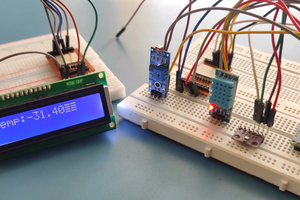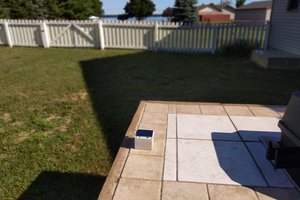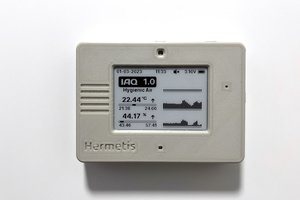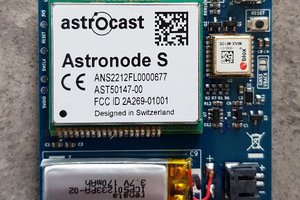The problem:
When making battery powered devices, the keys to long lifetime are a) low power radio comms and b) ability to sleep at very low power consumption rate for most of the time.
Generally such devices will wake up every X minutes/hours, read a sensor, send the data, and sleep again. It might also wake up based on an external signal (micro switch, accelerometer etc) and send the data at that point.
However, if the device needs to receive data over the radio (eg commands to activate a lock, update a epaper screen, move a motor or servo), then the problem becomes one of low power vs latency. To listen for new data requires being awake and running the radio rx, which consumes the battery, so we sleep and only check from time to time, but then we will have a latency before acting on a new command...
The problem is made much worse if our processor has to be reasonably powerful - this leads to large power consumption just to check the radio...
Solution; have a low power module to both send and check for data regularly, without intervention of the main system, and provide a interrupt output when new messages are available.
 Brian Wyld
Brian Wyld


 Manuel Alfonso
Manuel Alfonso
 Raphael Valceschini
Raphael Valceschini